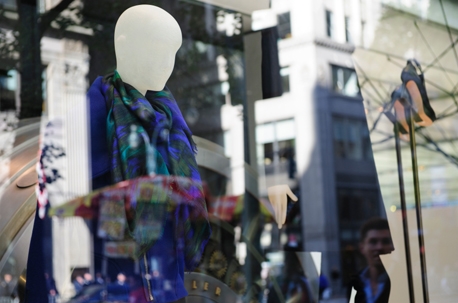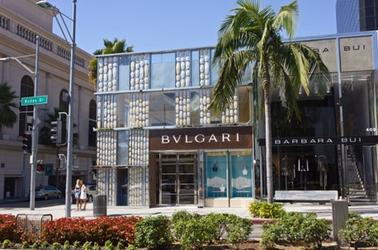Luxury purchases about ‘self-reward’

However, the lack of a ‘luxury’ experience online remains the main barrier to e-commerce, with on-line sales representing only 16% of total sales. The physical point of sale is still the most reassuring channel, with touching and seeing a product an essential part of the shopping experience.
Other findings from The Luxury Customer Journey report, which examines the path to purchase for luxury fashion goods, are that high quality ( 47%) followed by being considered fashionable ( 32%) are the features most associated with top well-known luxury fashion brands. Only 26% said they were recognisable.
Most respondents know said they know what they want before entering a boutique to buy a fashion luxury good; particularly in the Middle East ( 64%) and China ( 78%) where customers are very clear about what they want to buy, collecting product and brand information prior to visiting the point of sale for the purchase.
The report points out that the path to purchase is almost never linear, involving interaction with different content and communication assets from owned (i.e. official websites), to paid (i.e. print advertising) and/or earned equity (i.e. word of mouth). The research shows that Millennials and the Middle East and Chinese markets have the most holistic approach to the customer journey, quickly accessing a huge amount of cross platform content. Brand storytelling is extremely important for Chinese consumers while Millennials pose a harder challenge for mature markets where brand heritage and roots have yet to become relevant for them.
The Luxury Customer Journey defines the top six touch-points with the highest impact on brand awareness and intention to buy: boutique experience ( 61.3%), boutique windows ( 60.8%), official brand websites ( 54.7%), face to face opinions of friends/family ( 52.1%), search engines ( 45.8%) and on-line fashion publications ( 43.5%).
The proprietary study was conducted in 8 markets with more than 6,400 consumers and 25 brands.
Isabelle Harvie-Watt, global CEO Havas LuxHub, said: “Brands, particularly the traditional luxury fashion brands, need to shift their focus to their customers and on how to engage them. They need to know their data; they need to understand their customer; they need to be global yet increasingly local and personalised in their approach; they need to become much more digital but at the same time experiential.”
The MRS is holding its Luxury Research 2015 conference on Wednesday September 16.

We hope you enjoyed this article.
Research Live is published by MRS.
The Market Research Society (MRS) exists to promote and protect the research sector, showcasing how research delivers impact for businesses and government.
Members of MRS enjoy many benefits including tailoured policy guidance, discounts on training and conferences, and access to member-only content.
For example, there's an archive of winning case studies from over a decade of MRS Awards.
Find out more about the benefits of joining MRS here.













0 Comments